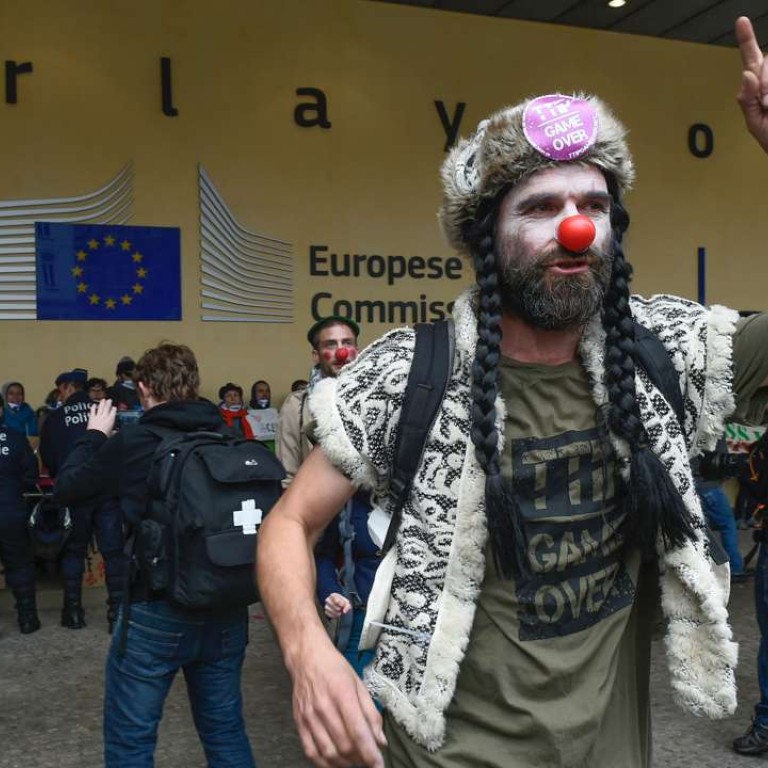
EU-Canada free trade pact is back on track after Belgium convinces regions
Belgium’s regions have agreed to a free trade pact with Canada, ending weeks of uncertainty when opposition within just one nation had blocked the European Union of 500 million people sealing the landmark deal.
Prime Minister Charles Michel said the regions and linguistic communities had drafted a four-page addendum to the pact that answered their concerns.
The text addresses fears that a system to protect foreign investors could let multinationals block new rules on the environment, labour rights or public services - specifying that the “investment protection” regime would not come into force during an initial period. It also has a safeguard clause to protect agriculture in the event of a “market imbalance”.

European Council President Donald Tusk gave the Belgian agreement to the Comprehensive Economic and Trade Agreement (CETA) a cautious welcome.
Belgium’s regional governments were given until the end of Friday to consult their parliaments if needed, and ambassadors from other EU countries will also review the addendum.
All 28 EU governments back CETA, which supporters say could increase trade by 20 per cent, but Belgium’s central government had been prevented from giving its consent because of objections led by the French-speaking Wallonia region.
Wallonia, along with the capital Brussels and Belgium’s groupings of French and German speakers, had opposed the deal for weeks, with fears about a flood of Canadian farm imports one of the main sticking points.
The premier of the Flemish region, Geert Bourgeois, said the original 1,598-page text of the trade deal stood.
“This (the addendum) is a clarification, the actual treaty does not change,” he said.
Canada has already agreed to a binding declaration to answer concerns raised by others, principally setting out the right of governments to regulate.
Belgium will ask the European Court of Justice whether the investment protection system is in line with EU rules, with Wallonia still expressing reservations. Friends of the Earth described these as potential time bombs under the deal.
EU trade commissioner Cecilia Malmstrom said the investment protection system did not yet exist and the EU and Canada had time to set up a panel of independent judges to settle disputes.
“We are quite confident that it is perfectly in line with European law,” she told Reuters.
In Ottawa, Trade Minister Chrystia Freeland played down the suggestion that the Belgian addendum could effectively result in parts of CETA being unwound.
“Every trade agreement ... has exit provisions,” she told reporters. “Trade agreements must be structured that way to permit national sovereignty.”
CETA could apply provisionally next year, assuming the European Parliament backs it. Its final implementation could take a few years, after all relevant national or regional parliaments have had their say.
Supporters say the deal will boost the EU economy by 12 billion euros (US$13 billion) per year and Canada’s by C$12 billion (US$9 billion) at a time of low growth. For Canada, it reduces reliance on the US export market.
German trade groups said the CETA debacle should trigger a revamp of EU procedures.
“This is not a victory for democracy. It is political hostage-taking,” said BDI business association president Ulrich Grillo.

